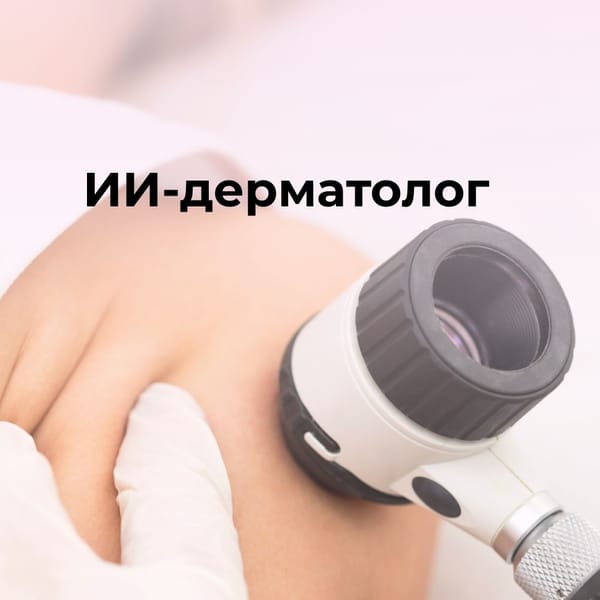Pap Test: An Important Stage in Women's Health
When preparing for conception, one of the first steps is to undergo a gynecological examination, including a Pap test. This simple but important test helps detect early stages of cervical cancer when the disease does not yet show clinical symptoms. Cervical cancer develops slowly, usually over 10-15 years, and is often preceded by a precancerous condition, such as cervical dysplasia. With timely detection, the pathology can be successfully treated, and the earlier treatment begins, the more effective it will be.
It is recommended that all women of reproductive age have a Pap test every two years, and if the results are negative, every three years. It is especially important to undergo the test for women who have a history of viral diseases such as genital warts or genital herpes, prolonged use of contraceptives and hormonal drugs, as well as in the presence of atypical discharge from the genital tract or treatment for infertility.
The effectiveness of the Pap test is up to 95%, making it an important tool for cervical cancer screening. This is much higher than the sensitivity of the traditional Pap smear, which in some cases does not exceed 40%.
To ensure accurate test results, it is recommended to refrain from using vaginal suppositories and creams, sexual intercourse, and avoid colposcopy or transvaginal ultrasound 2-3 days before the procedure. It is also not recommended to take a shower or douche before the test.
A Pap smear should be taken outside of the menstrual period. The optimal time for the procedure is from the 5th day of the cycle and five days before the expected start of the next menstrual cycle.
Taking care of your health and regular medical checkups will help maintain your well-being and confidence in the future.
Reference:
https://www.webmd.com/women/pap-smear



